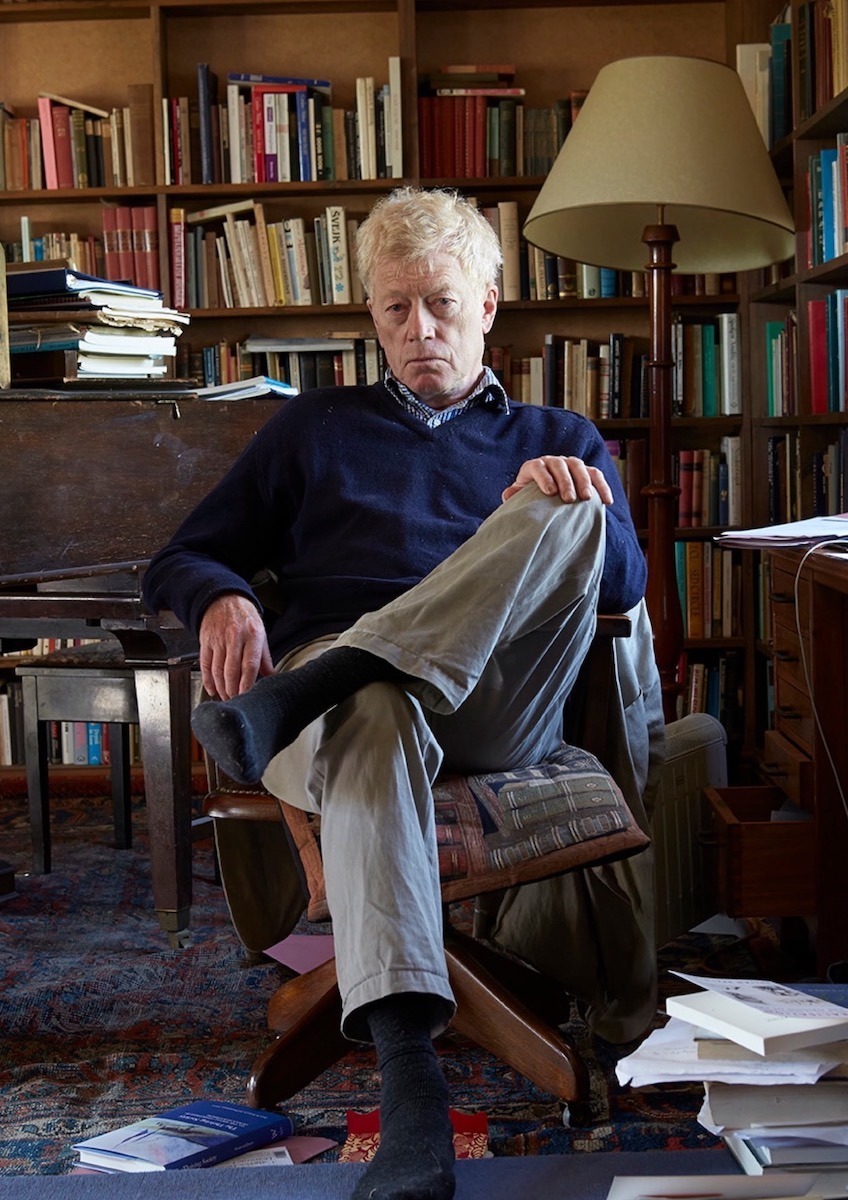All rational beings laugh--and maybe only rational beings laugh. And all rational beings benefit from laughing. As a result there has emerged a peculiar human institution--that of the joke, the repeatable performance in words or gestures that is designed as an object of laughter. Now there is a great difficulty in saying exactly what laughter is. It is not just a sound--not even a sound, since it can be silent. Nor is it just a thought, like the thought of some object as incongruous. It is a response to something, which also involves a judgment of that thing. Moreover, it is not an individual peculiarity, like a nervous tic or a sneeze. Laughter is an expression of amusement, and amusement is an outwardly directly, socially pregnant state of mind. Laughter begins as a collective condition, as when children giggle together over some absurdity. And in adulthood amusements remains one of the ways in which human beings enjoy each other's company, become reconciled to their differences, and accept their common lot. Laughter helps us to overcome out isolation and fortifies us against despair.
That does not mean that laughter is subjective in the sense that "anything goes," or that it is uncritical of its object. On the contrary, jokes are the object of fierce disputes, and many are dismissed as "not funny," "in bad taste," "offensive," and so on. The habit of laughing at things is not detachable from the habit of judging things to be worthy of laughter. Indeed, amusement, although a spontaneous outflow of social emotion, is also the most frequently practiced form of judgment. To laugh at something is already to judge it.
Sir Roger Scruton, from Culture Counts: Faith and Feeling in a World Besieged












































































































































No comments:
Post a Comment